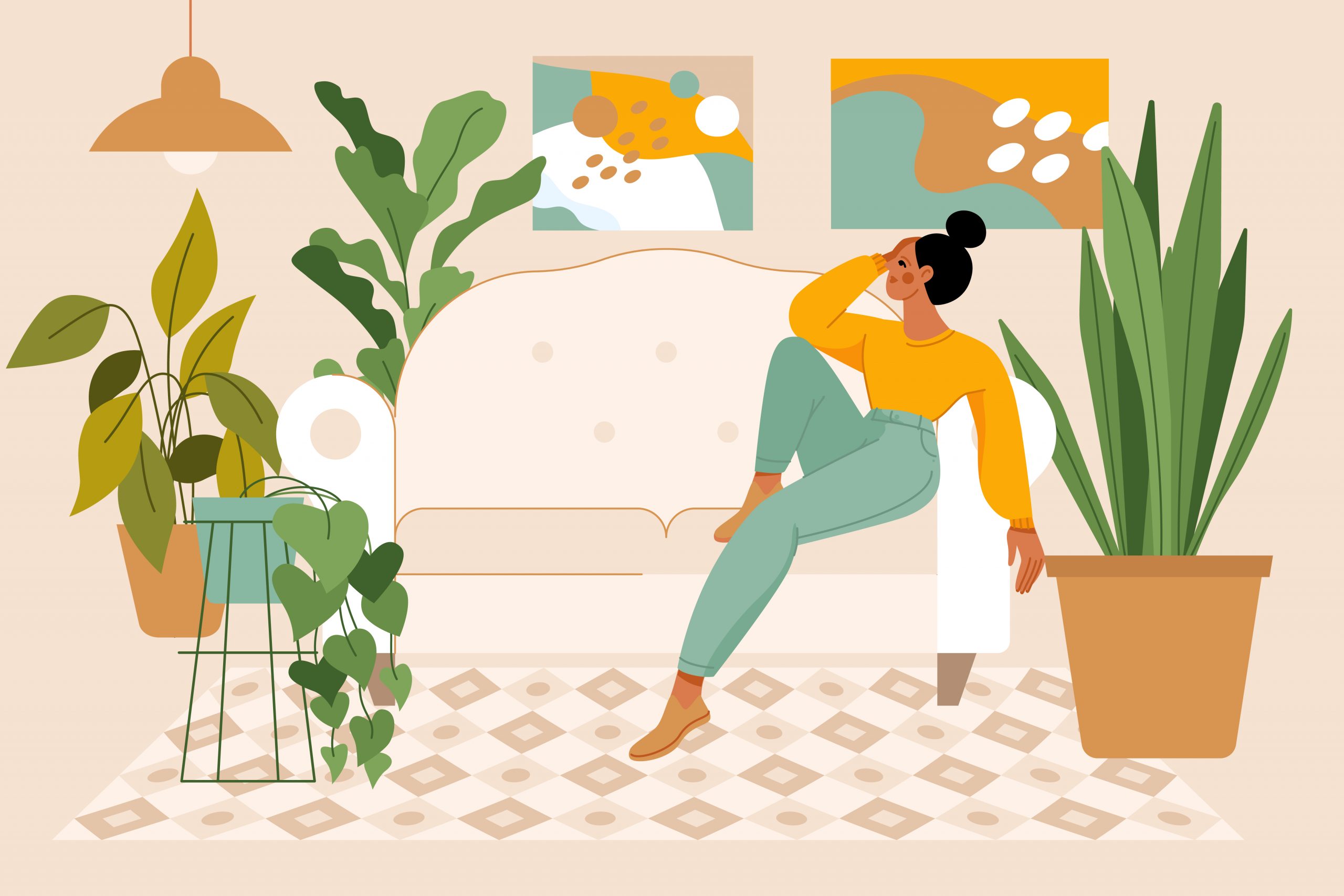

Sleep, hormones, and circadian rhythms throughout the menstrual cycle in healthy women and women with premenstrual dysphoric disorder. Nighttime temperature and human sleep loss in a changing climate. Heat-coping strategies and bedroom thermal satisfaction in New York City. Temperature as a universal resetting cue for mammalian circadian oscillators. Sleep deprivation: Impact on cognitive performance. You can learn more about how we ensure our content is accurate and current by reading our editorial policy. Healthline has strict sourcing guidelines and relies on peer-reviewed studies, academic research institutions, and medical associations. The main thing to remember though, according to Majendie, is to not worry too much about a bad night’s sleep, as humans “will still function okay even if our sleep is not the best it can be for a few nights.” In addition to light and airy fabrics, sleeping in the nude is an easy, cost-free way to cool down. It’s also a good idea to change up your comforter when the temperature rises and opt for a lightweight blanket instead. Some research shows that natural fibers can help you regulate your body temperature, so switching up your sheets for a breathable cotton or linen version in the summer could help you sleep better. “Reduce the amount of bed clothes and bedding you normally use and ensure these are made from natural fibers, as these regulate your body temperature better than synthetic materials,” says Majendie. There are plenty of options to choose from, so find what’s best for you. The obvious solution when it’s hot is to crank up the AC to maximum, but that has an impact on the electricity bill and the environment.Ī fan is a good option if you don’t have AC, and it may be more efficient if you’re only keeping one room cool.Īccording to Majendie, “You can use a fan if it doesn’t disturb your sleep, but don’t position it over your face and make sure it is dust-free.” These days there are a lot of options, from low to the ground wooden frames to the classic futon. “Sleeping low to the ground is cooler, so try putting your mattress on the floor,” Majendie says. It turns out that there may be a good reason to be so close to the ground while you sleep. The Japanese futon is a bed that traditionally goes directly on the floor.
#Fresh air sleep expert windows
If not, sleep with the door open and open any windows in the house that are safe, to allow a flow of air,” she adds.

“If it is safe and quiet, you can keep the window open while sleeping. “In the evening when the air outside is cooler, open blinds and windows to let fresh air into the room before going to bed,” says Majendie. If you can get your bedroom to a cool temperature before you head to bed, you’ll help ensure a restful night’s sleep and wake up feeling refreshed.

This is marginally different for infants and young children, who need a slightly warmer ambient temperature. “Keep hot air out of the bedroom in the day by closing windows, blinds, and curtains as the temperature rises,” says Majendie.Īim for between 66 and 69☏ (19–20.5☌). Luckily, there are a few simple tweaks that can help you get a good night’s sleep no matter how high the proverbial mercury rises. I asked Majendie for some tips to improve sleep the next time a heat wave hits. This is why people sleep more during winter, as the nights are longer and cooler - meaning it’s easier for your body to reach a comfortable sleeping temperature. Our body starts to produce melatonin when light levels drop, and stops producing it as it gets lighter, telling us that it’s time to wake up. Melatonin is important because it regulates our natural sleep cycle and tells our body when it’s time to fall asleep. It’s also harder to get into a deep sleep, so you may find it harder to stay asleep,” says Majendie. “If the ambient temperature is too high, this process is interrupted, so it may take longer to get to sleep. Majendie earned her MSc in health psychology, graduate diploma in sleep medicine, and serves as the resident sleep expert at Naturalmat. “Before you go to sleep naturally, your body produces a hormone called melatonin which causes a drop in core body temperature that is needed for sleep,” says sleep therapist Christabel Majendie. When it’s too hot, you’re more likely to toss and turn, which disrupts your sleep. Our body temperature naturally drops a little during sleep, and a cool - but not cold - sleeping environment is ideal to have a good night’s sleep. The ideal temperature for sleep is about 65☏ (18.3☌), give or take a few degrees.


 0 kommentar(er)
0 kommentar(er)
